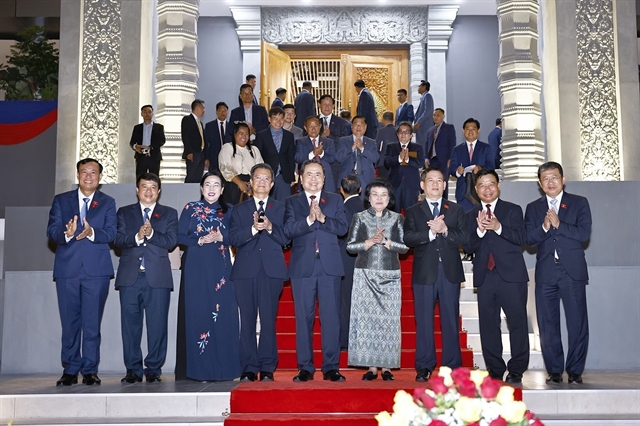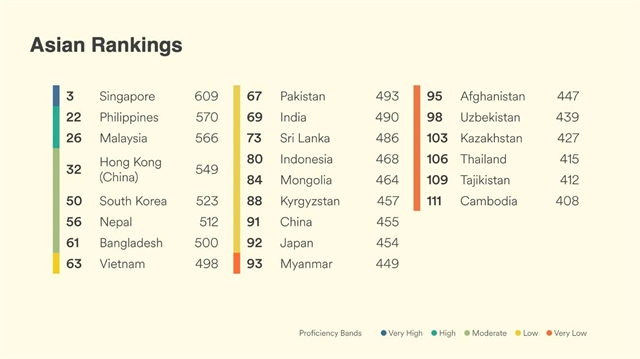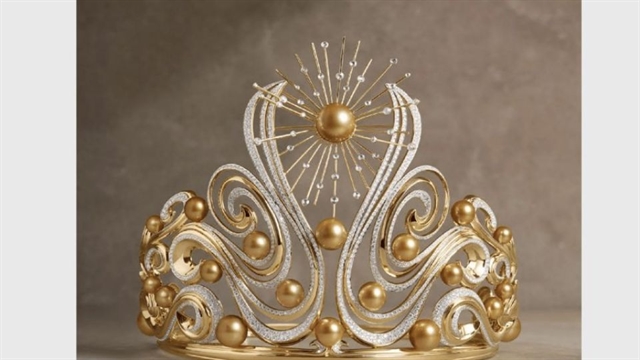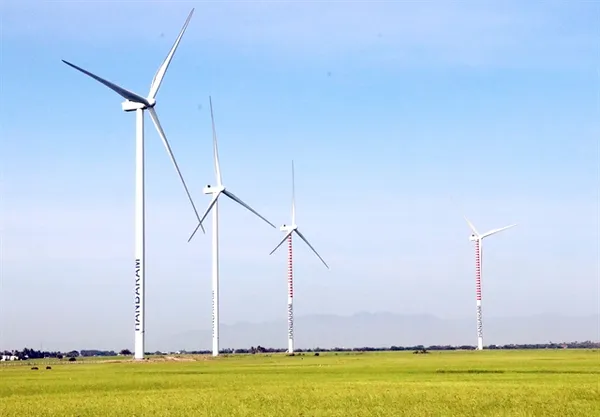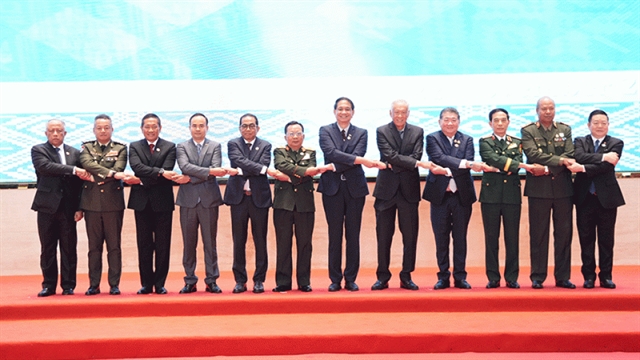 World
World

The European Union unveils plans on Wednesday for its first post-Brexit multi-year budget facing a looming clash with Poland and Hungary over a proposal to link funds to respect for the rule of law.
BRUSSELS — The European Union unveils plans on Wednesday for its first post-Brexit multi-year budget facing a looming clash with Poland and Hungary over a proposal to link funds to respect for the rule of law.
Warsaw and Budapest, locked in battle with Brussels over democratic standards and their refusal to accept refugees, oppose any attempt to impose conditions on the billions in funds they get from the bloc.
The one-trillion-euro-plus (US$1.2 trillion) budget covering 2021 to 2027 is being unveiled by the European Commission after months of difficult consultations with the 27 countries that will remain in the EU after Britain leaves.
EU Budget Commissioner Guenther Oettinger, who has drawn up the plans, says a mix of cuts and more money from member states is needed to fill a 12 to 14 billion euro gap left by Brexit next year.
But that risks leaving no one happy, from French farmers angered by plans to slash farm funds, to a number of national governments which point-blank refuse to pay more.
Attempts by Brussels to push through the budget before the next European Parliament elections in May 2019 have also met a cool response.
EU states say it is "impossible" given the rifts between east, west, north and south, with countries anxious not to put their hands in their pockets at a time when populism is on the march.
"These negotiations normally take two years," a diplomatic source said, pointing out that they were likely to be even more complex than for the 2014-20 budget.
The loss of Britain deprives the EU of one of its biggest net contributor nations at a time when the bloc is trying to finance new areas such as defence and tackle migration issues.
Countries including Austria and the Netherlands are already gearing up to fight any demand for increased national contributions, although France and Germany have said they are ready to pay more.
‘There will be cuts’
The current 2014-20 budget represented 1 per cent of the bloc’s GDP and Oettinger has called for countries to increase their contributions to "between 1.1 per cent and 1.2 per cent".
But along with the new resources "there will have to be cuts", the German commissioner has warned. Sources said they would be "modest", amounting to less than 10 per cent.
Most will target the two areas that together account for nearly three-quarters of all EU spending.
First up will be so-called cohesion funds that are used for development in poorer European countries. They represent 35 percent of the EU’s budget.
Most of that money currently goes to eastern former Soviet bloc countries which are still catching up economically.
But southern nations such as Spain and Italy have started demanding that some be redirected to address mass youth unemployment in their countries.
The eastern countries are also alarmed by the commission’s plans to link the funds to respect for the rule of law.
Poland, facing unprecedented sanctions by Brussels over its judicial reforms, and Hungary, repeatedly criticised over democratic issues, have rejected the plan.
They say it is because of their failure to take in refugees during the migration crisis.
"We will not accept arbitrary mechanisms which will make the funds an instrument of political pressure," Poland’s deputy European affairs minister Konrad Szymanski said.
The EU’s infamous Common Agricultural Policy is also in the crosshairs, accounting for 37 percent of the bloc’s spending. That will be difficult to swallow for France, whose farmers are the biggest beneficiaries of CAP funds.
Paris has said it is ready to defend "substantial reform", but the "indispensable security of aid for farmers cannot be affected", a diplomatic source said. — AFP




